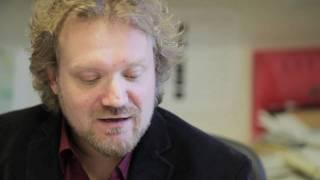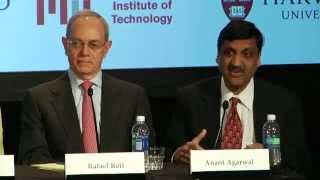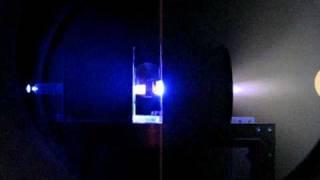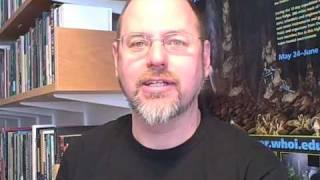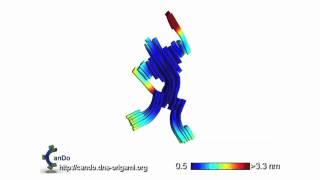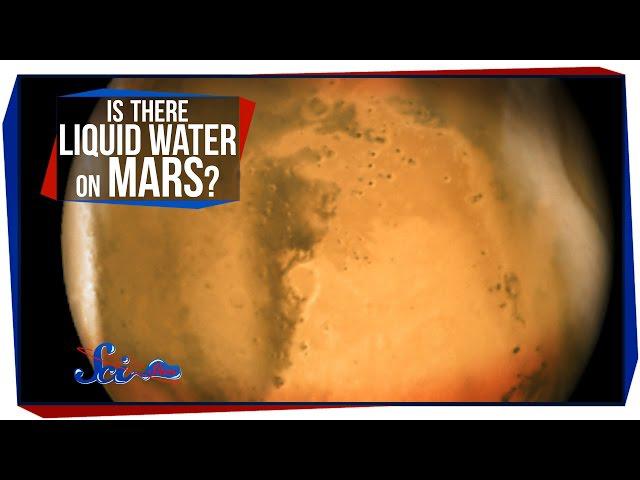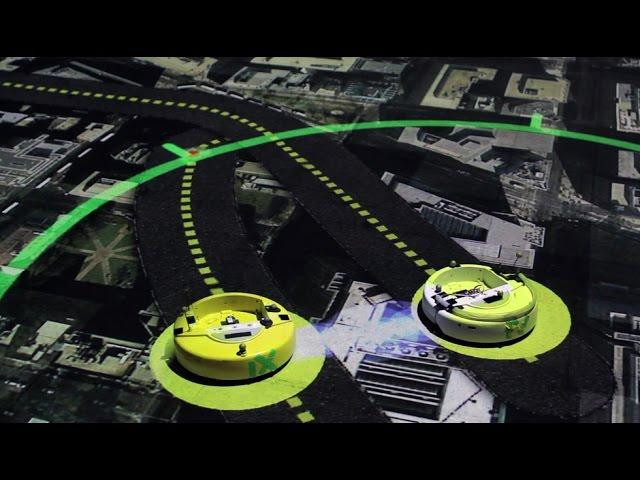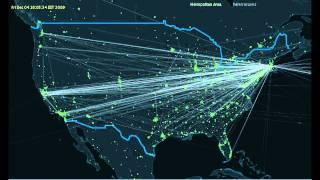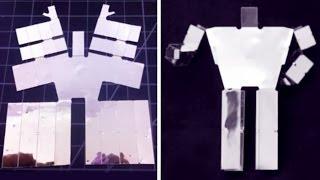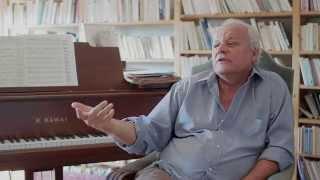Time Travel, Teleportation & Science
Time travel is the concept of moving between different points in time in a manner analogous to moving between different points in space, generally using a theoretical invention, namely a time machine. It has a commonly recognized place in philosophy and fiction, but has a very limited application in real world physics, such as in quantum mechanics or wormholes.
Although the 1895 novel The Time Machine by H. G. Wells was instrumental in moving the concept of time travel to the forefront of the public imagination, The Clock That Went Backward by Edward Page Mitchell was published in 1881 and involves a clock that allowed three men to travel backwards in time.[1][2] Non-technological forms of time travel had appeared in a number of earlier stories such as Charles Dickens' A Christmas Carol. Historically, the concept dates back to the early mythologies of Hinduism (such as the Mahabharata), Buddhism, and Islam through ancient folk tales. More recently, with advancing technology and a greater scientific understanding of the universe, the plausibility of time travel has been explored in greater detail by science fiction writers, philosophers, and physicists.
Teleportation, or Teletransportation, is the theoretical transfer of matter or energy from one point to another without traversing the physical space between them. It has a commonly recognized place in science fiction literature, film, and television, but as yet has a very limited application in real world physics, such as quantum teleportation or the study of wormholes.
Science (from Latin scientia, meaning "knowledge") is a systematic enterprise that builds and organizes knowledge in the form of testable explanations and predictions about the universe. In an older and closely related meaning, "science" also refers to a body of knowledge itself, of the type that can be rationally explained and reliably applied. A practitioner of science is known as a scientist.
In modern usage, "science" most often refers to a way of pursuing knowledge, not only the knowledge itself. It is also often restricted to those branches of study that seek to explain the phenomena of the material universe.
Source : Wikipedia
-
02:20
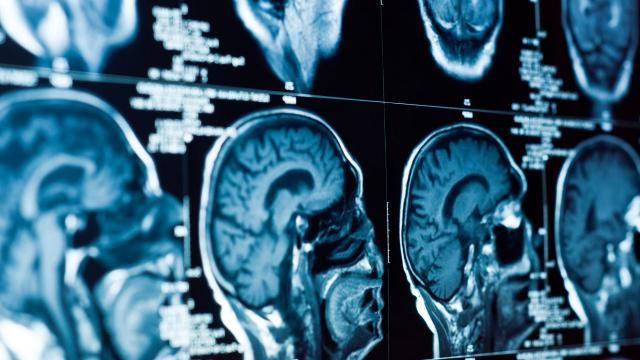
A Free Lunch: the Dawn of Direct Brain-to-Machine Communication
Added 806 Views / 0 LikesA Free Lunch: the Dawn of Direct Brain-to-Machine Communication
-
02:26
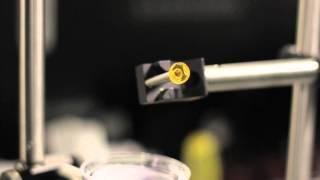
Making wrinkles - hydrogels that collapse into complex shapes may aid in drug delivery
Added 803 Views / 0 Likes -
04:31
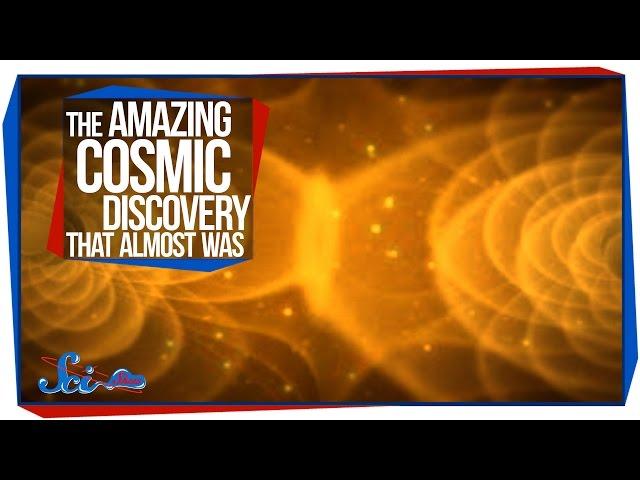
The Amazing Cosmic Discovery That Almost Was
Added 803 Views / 0 LikesThe Amazing Cosmic Discovery That Almost Was
-
02:18
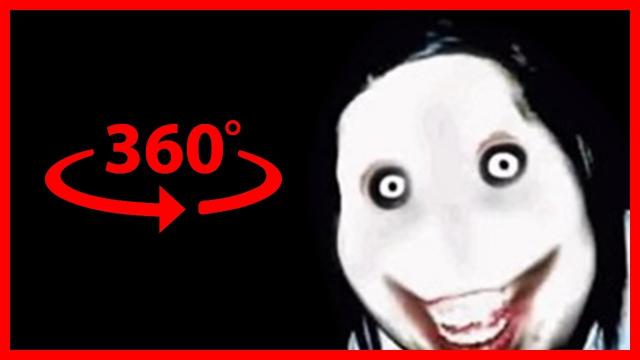
360 Jeff The Killer | VR Horror Experience
Added 803 Views / 1 LikesJeff The Killer is a character depicted in a popular creepypasta. We made this 360 degree virtual reality video to bring Jeff The Killer to life, so you can experience a Jeff The Killer sighting in a 4K VR experience. Halloween is coming soon, get into th
-
01:49
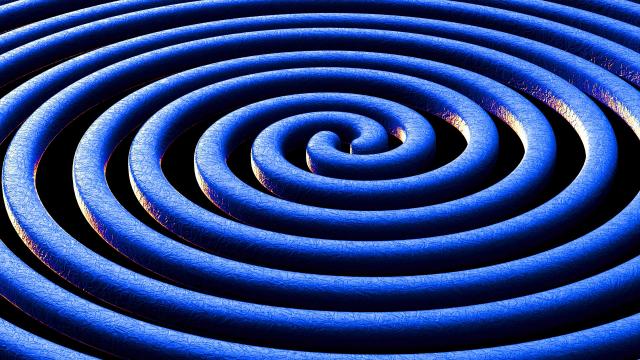
What will we learn from the detection of gravitational waves?
Added 802 Views / 0 LikesWhat will we learn from the detection of gravitational waves?
-
01:45
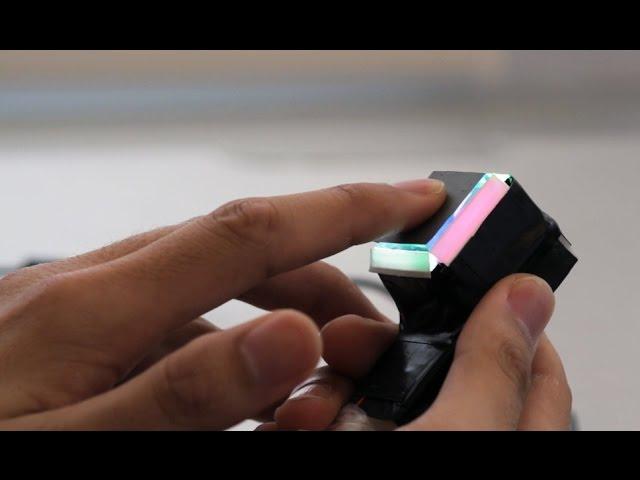
GelSight sensor gives robots touch
Added 801 Views / 0 LikesGelSight sensor gives robots touch
-
04:26
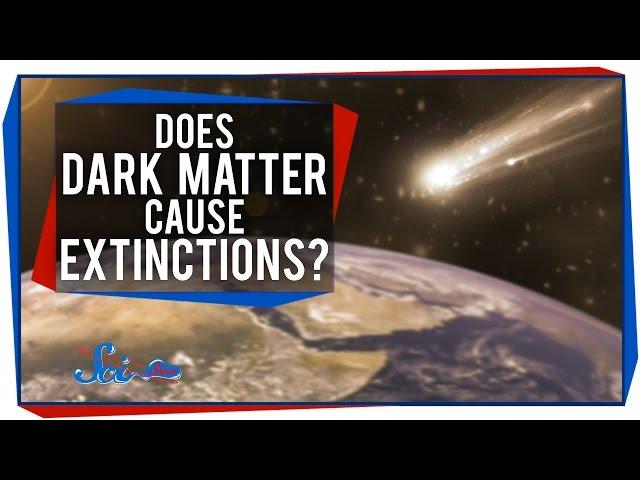
Does Dark Matter Cause Extinctions?
Added 801 Views / 0 LikesDoes Dark Matter Cause Extinctions?
-
03:46
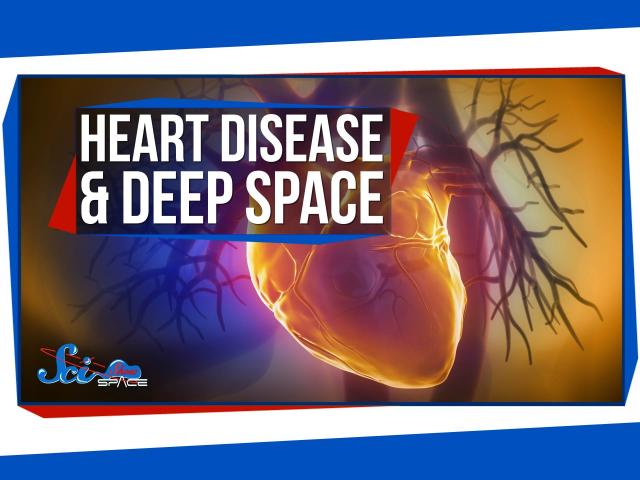
Does Deep Space Cause Heart Disease?
Added 801 Views / 0 LikesDoes Deep Space Cause Heart Disease?

